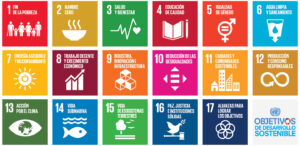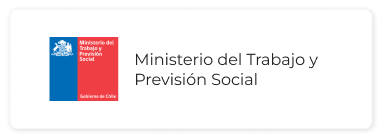
Artificial Intelligence is creating a true revolution, promising significant changes for humanity. Today, all fields of knowledge are being impacted by AI, and social projects are no exception.
Firstly, it is important to clarify what Artificial Intelligence is:
“Artificial intelligence is the ability of a machine to exhibit capabilities similar to those of humans, such as reasoning, learning, creativity, and planning. AI enables technological systems to perceive their environment, interact with it, solve problems, and act with a specific purpose. The machine receives data (either pre-prepared or collected through its own sensors, such as a camera), processes it, and responds accordingly. AI systems are capable of adapting their behavior to some extent, analyzing the effects of previous actions, and operating autonomously.”
(Parlamento Europeo – marzo 2021).
Specifically, in the social sector, AI holds enormous potential. For example, it can assist in the early detection of cases of gender violence and identify perpetrators, allowing authorities to take preventive measures and act more efficiently. The Certeza en la Voz project, being implemented in Andalusia, Spain, aims to establish a Voice Pattern to detect suspicious cases.
Certeza en la Voz project
“The hypothesis of the project ‘Early Detection of Abuse from Emergency and Urgent Coordination Centers (CCUE)’, which began in June 2022, is that a Voice Pattern could be defined to detect suspicious cases of abuse in women’s calls to Emergency and Urgent Coordination Centers. This pattern, after a training period, would assist professionals in the early detection of such situations.”
“The general objective is to process the audio from calls made by women, where a situation of Suspicion of Abuse (SMT) or Confirmation of Abuse (CMT) has been diagnosed during in-person consultations at the 8 Emergency and Urgent Coordination Centers.”
“The project involves the Andalusian Institute for Women (IAM), AICIA (an association encompassing departments from the School of Engineers at the University of Seville), and the Faculty of Psychology at the University of Seville.”






















